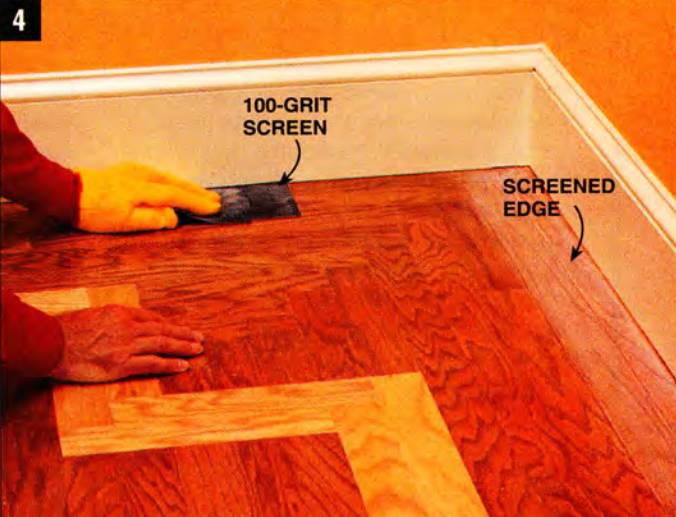Sand with high lignite silt or contaminants that may affect the performance and should not be used.
Floor screening mix.
The mix should be fairly dry.
Cement the british standards set guidance with respect to the types of cement that are best suited for different.
Easy mix traditional floor screed is specially formulated for mixing with water and then applying to the floor to provide a strong screed underlay for the subsequent laying of tiles carpets and vinyl flooring.
The mix should stay in one firm lump in your hand but very little liquid if any should come out.
A factory mixed formulation of double washed and graded coarse sands cement and additives to provide a strong crack free base.
Sand the size and shape of sand can have a considerable impact on the performance and appearance of a screed.
We start by adding half of the sand into the forced action mixer.
Mix polypropylene fibers into the screed mix before adding water or order ready to use screed with polypropylene.
Thin screed mix when we are talking about thin screed mix you have to look at what you are trying to achieve with them.
The mix ratio is one part cement to four parts sand and that is by weight.
Lay the timber onto the floor following the plan shown and place a spirit level onto the timber.
The way to tell if you have it right is to grab a handful of mixed screed put your marigolds on first and squeeze.
The sand should conform to the correct grading as defined by the british standard.
Floor screed is composed of cementitious materials and sand blended based on a suitable mix design and applied to provide a leveled surface for the floor finish which is introduced to the surface of the floor screed.
So floor screed is the base for the floor finish and greatly influences the performance of floor finish.
If you do not plan to reinforce unbonded screed it s a good idea.
Alternatively position crack control steel mesh over your subfloor so it will sit in the top half of your screed.

